RELATE
Problem Solving With Others
The skills needed to solve problems are learned just like academic skills – they don’t develop on their own or overnight
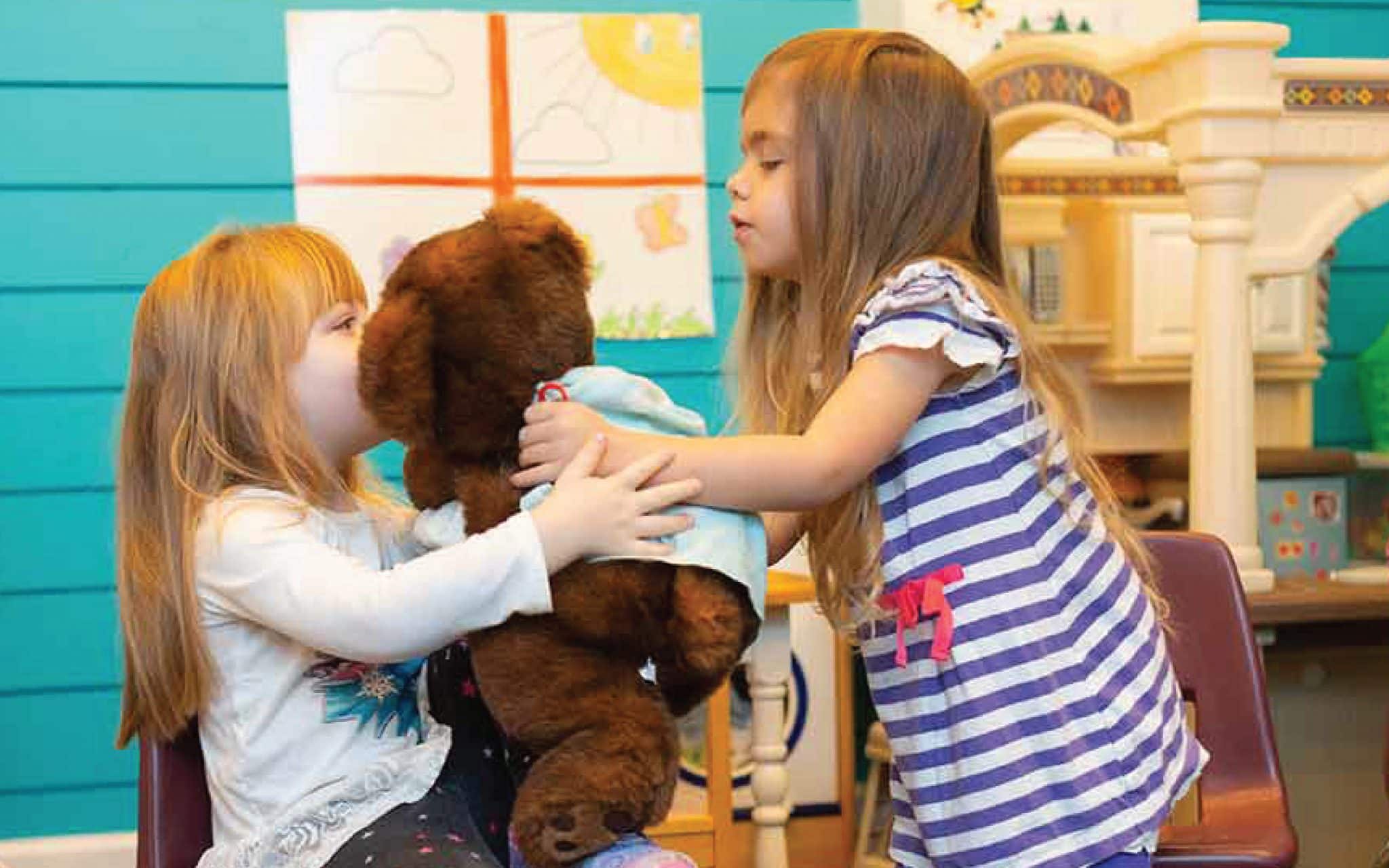
At a Glance
Preschool children are still learning how to effectively resolve disagreements. To do so, they need to take the perspective of another person and understand how their actions impact others. For example, a child is not likely to think about how taking a toy from another child would make that child mad or sad, which stands in the way of finding a safe, fair solution. You can empower children to learn to solve their own problems by helping them to identify the problem, take another child’s perspective, and implement a solution when issues arise.
What It Looks Like
A quick glance at how you can help preschoolers develop their problem-solving skills
Practice Solving Problems
Encouraging children to think about and practice problem solving can prepare them to come up with solutions in the moment.
Problem Solving During Center Time
Promote children’s problem solving skills by having them think and talk about the issue. Then work with them as they explore and agree on a resolution.
Use Solutions Cards
Using solution cards prompts children to find and accept solutions. Supports like this work to build children’s ability to problem solve.
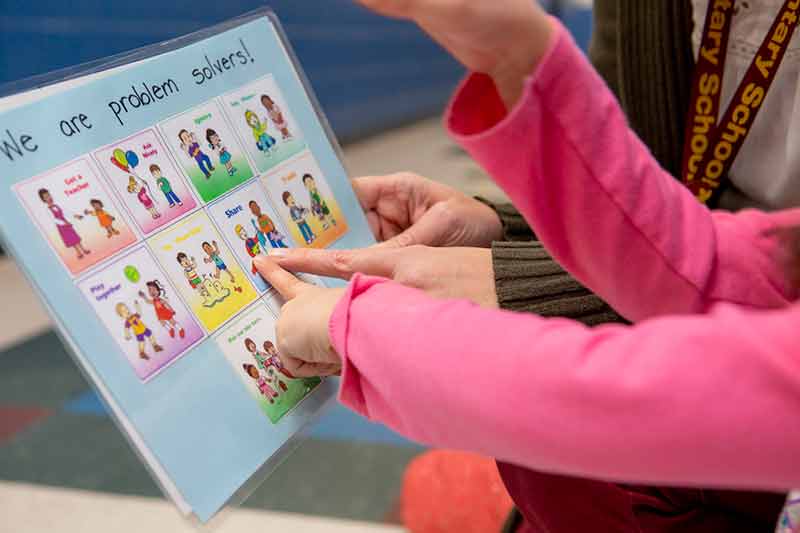
CLASSROOM STRATEGIES
Teach, Model, Support
Young children are still learning how to socialize, collaborate, and negotiate with others. With our support, children can learn these valuable skills and work together to find solutions as challenges arise. Learn key strategies you can use to teach social problem solving in advance and support it in the moment.
TRAUMA-INFORMED CARE
The Power of Play
A brief video from the Harvard Center on the Developing Child explores how play in early childhood can reduce stress (including trauma-related stress) and scaffold problem solving.
FAMILY CONNECTION
Families as a Resource
In this article from the Center for Responsive Schools, Carol Davis shares how educators can have conversations with families about problems that occur in the classroom.
CONSIDERING EQUITY
Considering Culture
In this NAEYC webinar, Dr. Isik-Ercan offers transformative yet practical tips educators can use to understand children’s cultural backgrounds and to support children as they encounter and solve social problems.
PROBLEM SOLVING THROUGH BOOKS
Share and Take Turns
Written by Cheri J. Meiners, this book provides many opportunities to talk and think about social situations that young children may encounter in the classroom, such as sharing toys or taking turns.
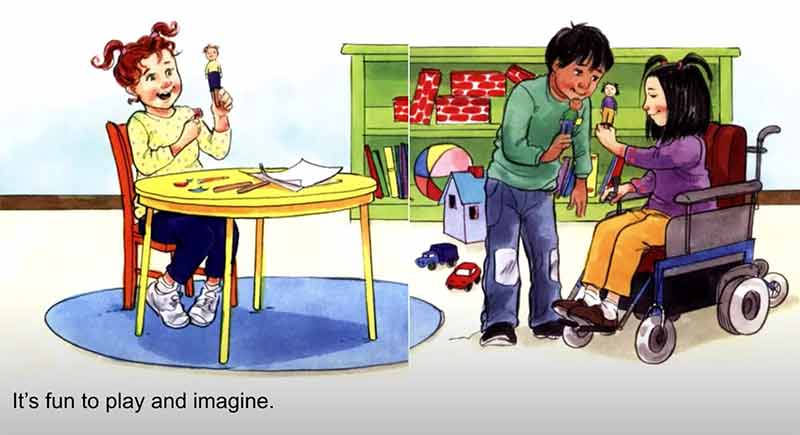
Activity Cards for Preschool Classrooms
Part of the STREAMin3 curriculum, these activity cards provide simple and fun ways you can prompt children to collaborate and solve problems together
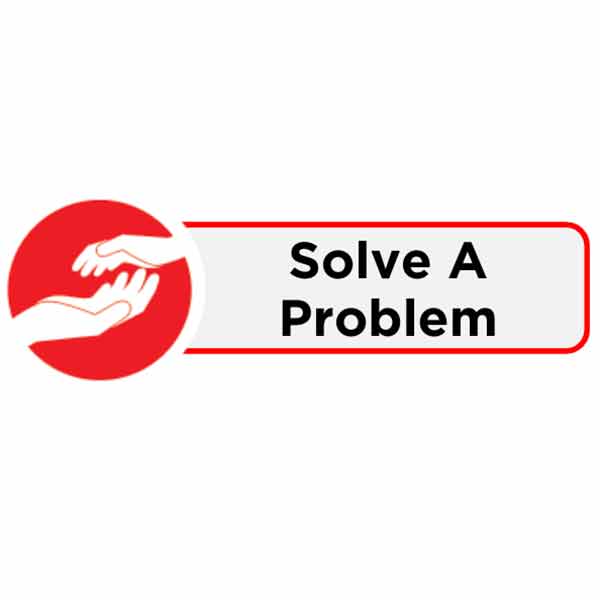
Solve A Problem
Create typical social scenarios that children can use to brainstorm solutions.
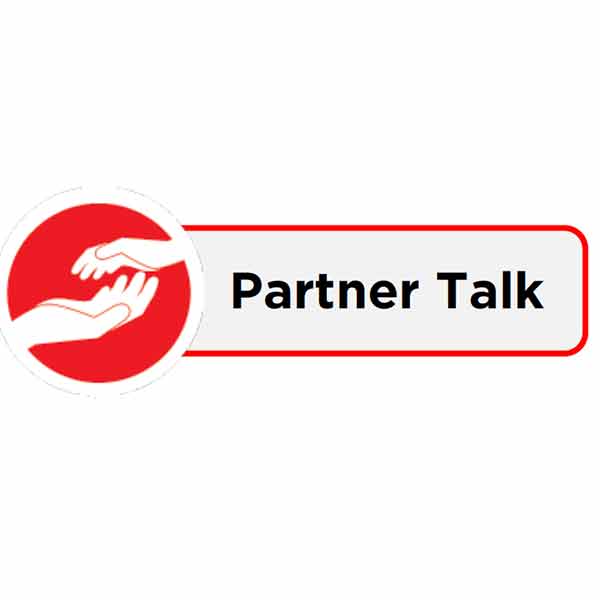
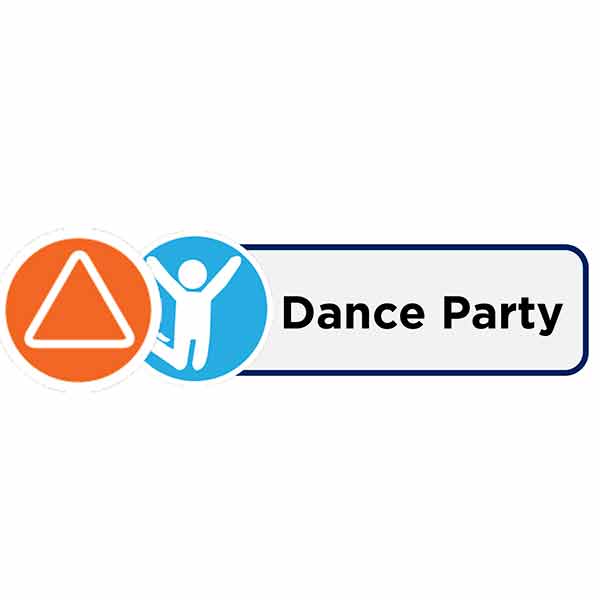
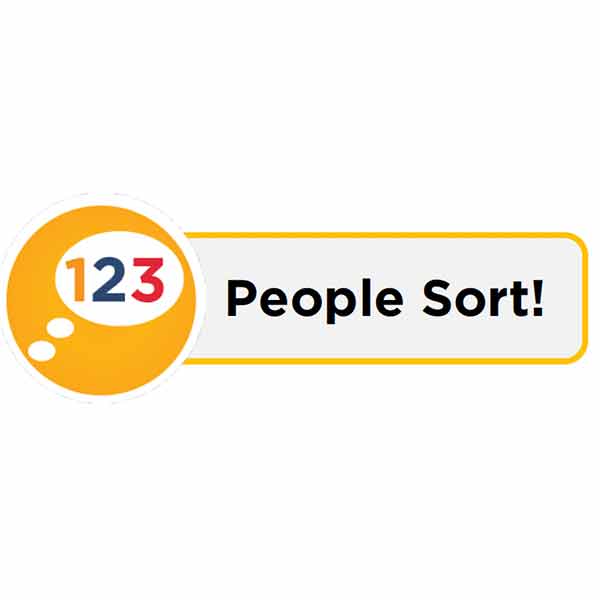
Get Our Resource Guide
Includes questions and activities to guide your use of the videos, book suggestions, and activity cards featured for each of the Core Skills

